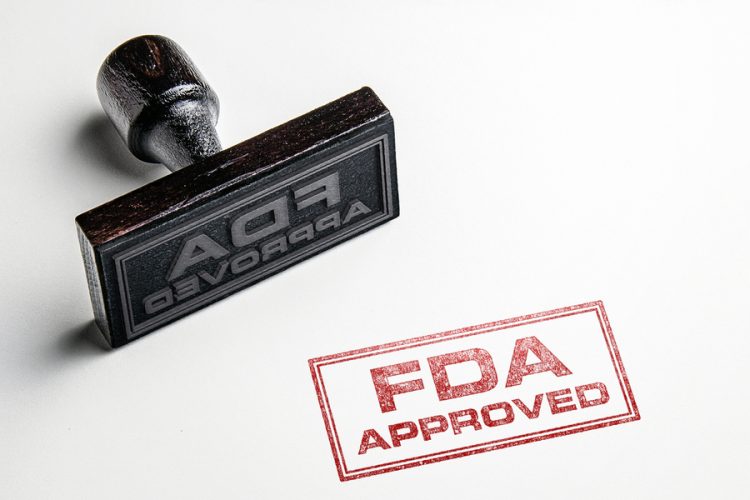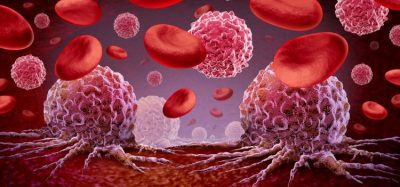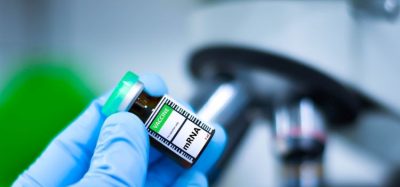FDA approves new targeted treatment for acute myeloid leukemia
Posted: 2 August 2017 | Dr Zara Kassam (European Pharmaceutical Review) | No comments yet
The U.S. Food and Drug Administration has granted the approval of Idhifa to Celgene Corporation and RealTime IDH2 Assay to Abbott Laboratories…


The U.S. Food and Drug Administration has granted the approval of Idhifa to Celgene Corporation and RealTime IDH2 Assay to Abbott Laboratories.
Idhifa was approved for the treatment of adult patients with relapsed or refractory acute myeloid leukaemia (AML) who have a specific genetic mutation. The drug is approved for use with a companion diagnostic, the RealTime IDH2 Assay, which is used to detect specific mutations in the IDH2 gene in patients with AML. Idhifa is an isocitrate dehydrogenase-2 inhibitor that works by blocking several enzymes that promote cell growth. If the IDH2 mutation is detected in blood or bone marrow samples using the RealTime IDH2 Assay, the patient may be eligible for treatment with Idhifa.
Idhifa was granted Priority Review designation, under which the FDA’s goal is to take action on an application within six months where the agency determines that the drug, if approved, would significantly improve the safety or effectiveness of treating, diagnosing or preventing a serious condition. Idhifa also received Orphan Drug designation, which provides incentives to assist and encourage the development of drugs for rare diseases.
“Idhifa is a targeted therapy that fills an unmet need for patients with relapsed or refractory AML who have an IDH2 mutation,” said Dr Richard Pazdur, director of the FDA’s Oncology Center of Excellence and acting director of the Office of Haematology and Oncology Products in the FDA’s Center for Drug Evaluation and Research. “The use of Idhifa was associated with a complete remission in some patients and a reduction in the need for both red cell and platelet transfusions.”
The efficacy of Idhifa was studied in a single-arm trial of 199 patients with relapsed or refractory AML who had IDH2 mutations as detected by the RealTime IDH2 Assay. The trial measured the percentage of patients with no evidence of disease and full recovery of blood counts after treatment (complete remission or CR), as well as patients with no evidence of disease and partial recovery of blood counts after treatment (complete remission with partial hematologic recovery or CRh). With a minimum of six months of treatment, 19 percent of patients experienced CR for a median 8.2 months, and 4 percent of patients experienced CRh for a median 9.6 months. Of the 157 patients who required transfusions of blood or platelets due to AML at the start of the study, 34 percent no longer required transfusions after treatment with Idhifa.
Related topics
Related organisations
Abbott Laboratories, Celgene Corporation, FDA’s Center for Drug Evaluation and Research, FDA’s Oncology Center of Excellence








